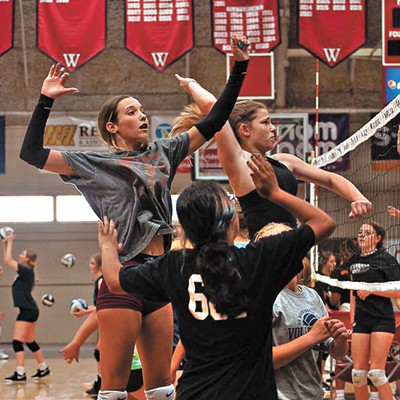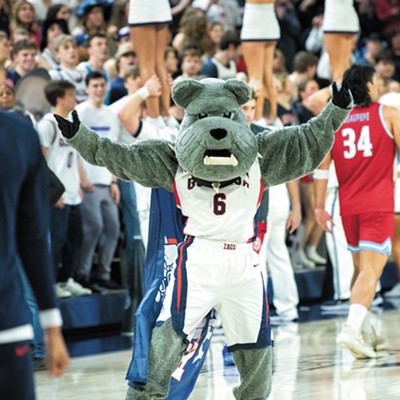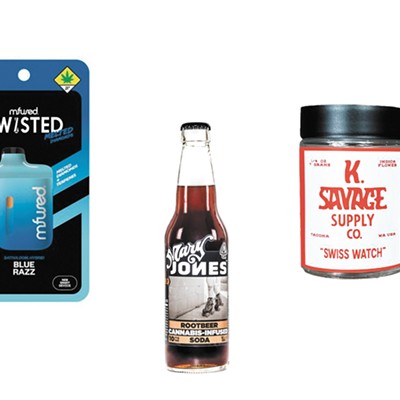On Thursday night, March 7, Cowboys defensive tackle David Irving started an Instagram Live announcing that he was done with the NFL. The recorded declaration came a week after the league's announcement of his indefinite suspension for substance abuse, namely marijuana.
"Basically guys, I quit," Irving said. "They want to talk about a suspension and all this other nonsense. I'm out of there."
It's the third drug infraction for the 25-year-old, who served two previous four-game suspensions for performance-enhancing and banned substances. Because of the substance abuse policies written in 2014, once a player tests positive for marijuana, the league is allowed to repeatedly and randomly test the player throughout the year.
The night prior to his announcement, Irving posted a comment on Instagram saying, "it's bullshit how I have Xanax bars and hydros right next to me to take, given to me by the NFL of course. However, we can't smoke the same weed the staff itself smokes."
Currently, a player is allowed to have up to 35 nanograms of THC in their urine sample, which equates roughly to a joint per week, a minor margin of error for most athletes. Without spelling it out, the league appears to be ok with players using cannabis as long as they don't get caught.
Currently, the NHL has the most relaxed and innovative substance abuse policy, basically looking to help the offending athlete rather than levy significant punishment. In a deal struck by the NHL and the NHL Players' Association (NHLPA), hockey players are drug tested once during training camp and can be randomly drug tested throughout the season.
Players' samples are screened and if they test positive for substances like marijuana or cocaine at a considerably high level, the player is contacted by league doctors to see if they would like to enter a substance abuse program or not.
If the player declines, it's the end of the conversation and the problem goes no further. But league officials hope to incentivize and create a program that athletes would want to take part of.
"The thing we're looking for is if there's a guy that has an issue or a problem and he needs help — that's what we're trying to capture in that program," former player and current NHLPA executive Mathieu Schneider tells ESPN.
It's hard to imagine a similar program for other leagues would not be beneficial, if the goal is ultimately players' health. Perhaps it would keep guys like Irving in the league.
"Everyone questions my commitment to football," Irving said. "Let's get it straight here and now. I love football. It's shaped me, you know? I wouldn't be here without it... However, I don't love the NFL. The NFL is not football." ♦




















